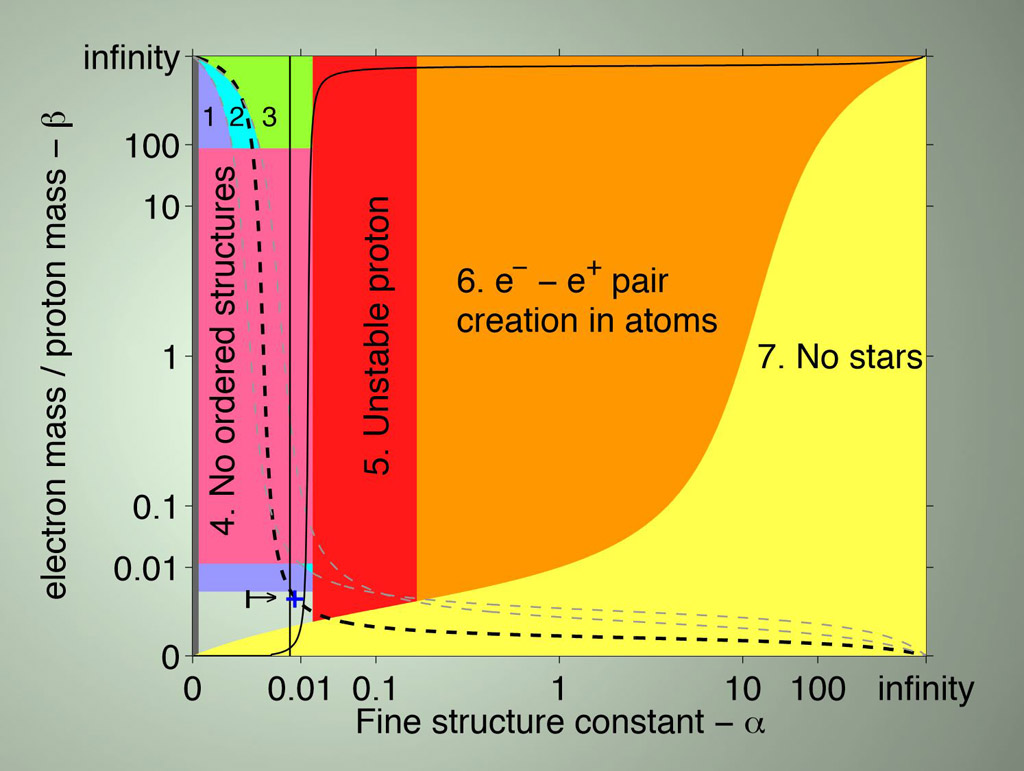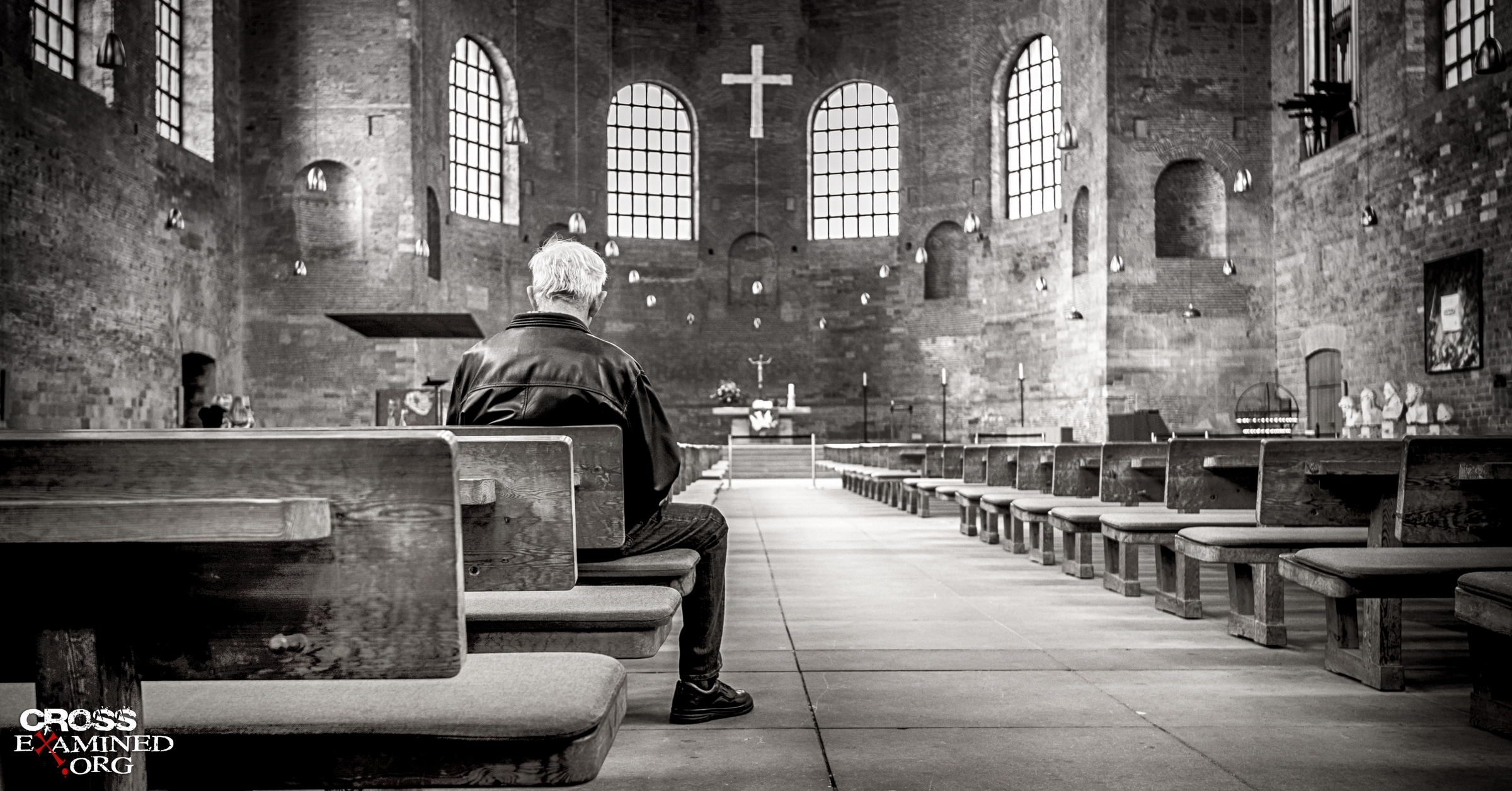Why Should Christians Care About Logic?
By Andrew Cabrera
I was at a Christmas party a few years ago and someone walked up to me and began talking to me about my views on God. At one point in the conversation he asked the age-old question, “Can God make a rock so heavy that he himself can’t lift it?” Among other things, I mentioned that omnipotence does not mean that God can do what is logically impossible. Then the conversation abruptly ended as he said, “You can’t use logic to talk about God. God is not bound by the logic of Man!” Then he nodded his head and tipped his chicken wing at me as if to say “Gotcha!” and walked away triumphantly before I had a chance to say a word. Was he right? Is God bound by logic? Can God do the logically impossible?
What are the Laws of Logic?
The laws of logic are not invented; they are discovered truths about the nature of reality itself. It is commonly accepted that there are three fundamental laws of logic and that all other logical principles are derived from these three laws; these foundational laws are: the principle of identity, the law of the excluded middle, and the law of non-contradiction. Each of these is similar, but subtly distinct from the others. The principle of identity can be symbolized as ∀(p): (p=p), which is a fancy way of saying that “p” is what it is. The law of the excluded middle can be symbolized as (p v ~p), and means that it will always be the case that either “p” or “not p” is true (there is no third option). And finally, the law of non-contradiction can be symbolized as ~(p * ~p), and means that both “p” and “not p” cannot be true in the same way at the same time. This may seem a bit abstract, but I just wanted to make sure we began on equal footing about what the laws of logic were before trying to apply them.
Is God bound by logic?
There first needs to be a distinction made between what IS logically coherent, and what SEEMS logically coherent. Our rational intuition can fail us at times. We can think of our rational intuition as failing in terms of what statisticians call Type I errors and Type II errors. A Type I error is also known as a “false positive,” this occurs when your rational intuition says that something is logical when it is really not. Conversely when your rational intuition says that something is illogical when it is actually logically coherent, this is a Type II error or a “false negative.” God is inherently rational and cannot be in opposition to his nature, but he is not limited to our “logic” when we make such errors. What SEEMS logical to us at the moment, may not always BE logical upon further inspection. God is not subject to the laws of logic, as if they are exterior forces acting upon him; but in the same way that Christians see goodness itself as being metaphysically tied to the benevolence of God, we can also see rationality and logic as ontologically anchored in the nature of God himself. God doesn’t submit to external logic, nor does he arbitrarily dictate logic, but he is rational by virtue of his essential nature.
Why should I care about logic as a Christian?
We are made in the image of God as both moral and rational beings. In the same way that we should strive to emulate God’s goodness, we should also strive to emulate his rationality. Logic not only helps us to attain a more robust understanding of the nature of God, but it is essential for fulfilling our commands to share the gospel and have a ready defense of the hope within us. Far from being an opposing force, logic is at the core of the Christian faith. Throughout the Old and New Testament, the authors (and even Jesus himself) make claims of exclusivity, identity and ontological reality; all of which are meaningless without first granting the fundamental laws of logic. Proper exegesis, historical data, every classical argument for the existence of God, every theological position you take, and even the Gospel message itself are all -in one way or another- dependent on these fundamental laws being true. Even the very nature and existence of God must be described in terms of these fundamental laws. If you take away the principle of identity, the identity and deity of Christ follows suit. If the law of non-contradiction is lost, so is the exclusivity of truth itself, and any meaningful notions of the existence of God go with it.
Andrew Cabrera is an undergraduate student currently working towards his B.A. in Philosophy (with plans of pursuing graduate work in philosophy thereafter). He was born and raised in the San Francisco Bay Area, and still lives there with his wife and son. His academic interests include: Metaphysics, Formal Logic, Political Philosophy and Philosophy of Religion.
Original Blog Source: http://bit.ly/2AIqHzv












Leave a Reply
Want to join the discussion?Feel free to contribute!